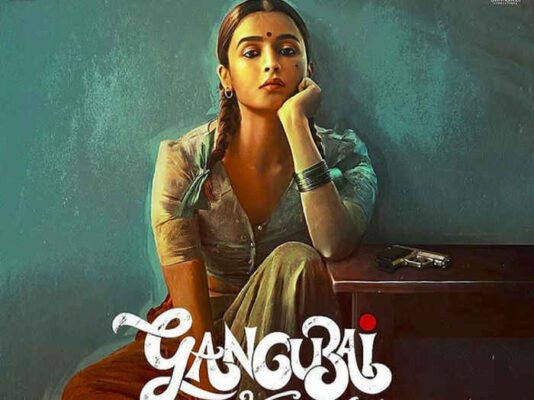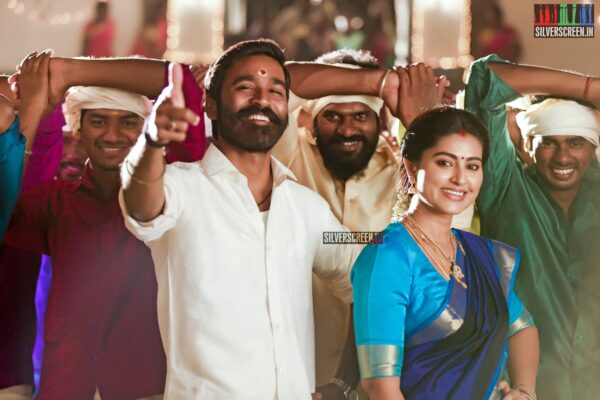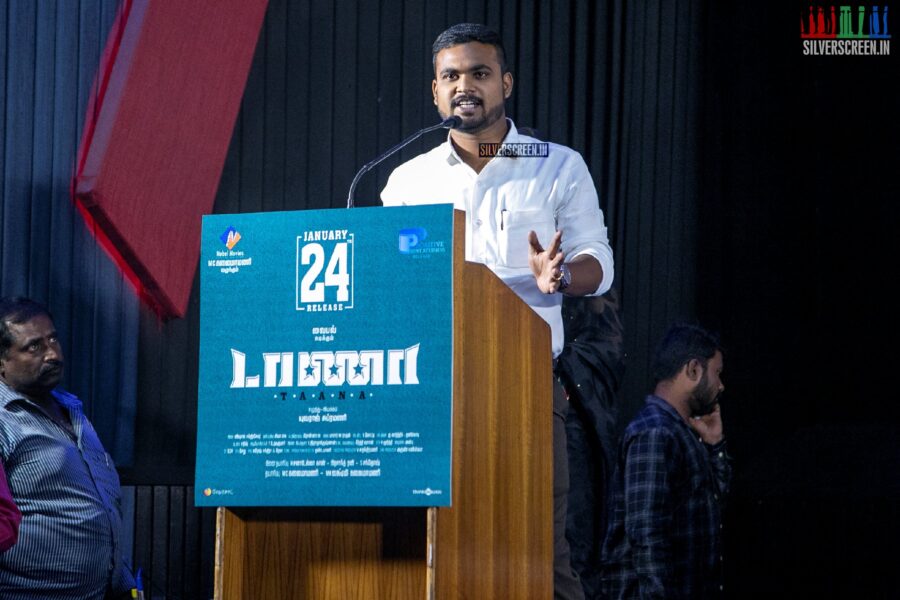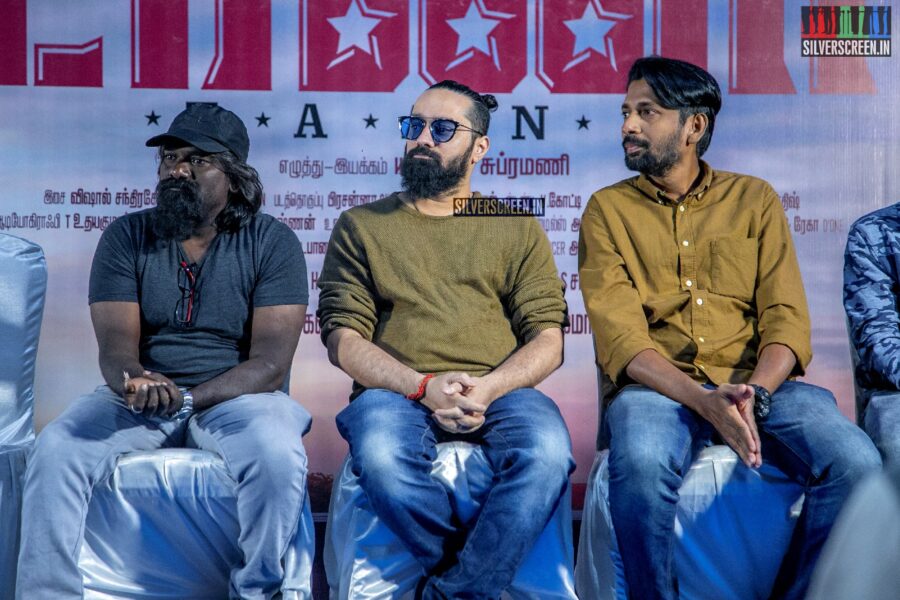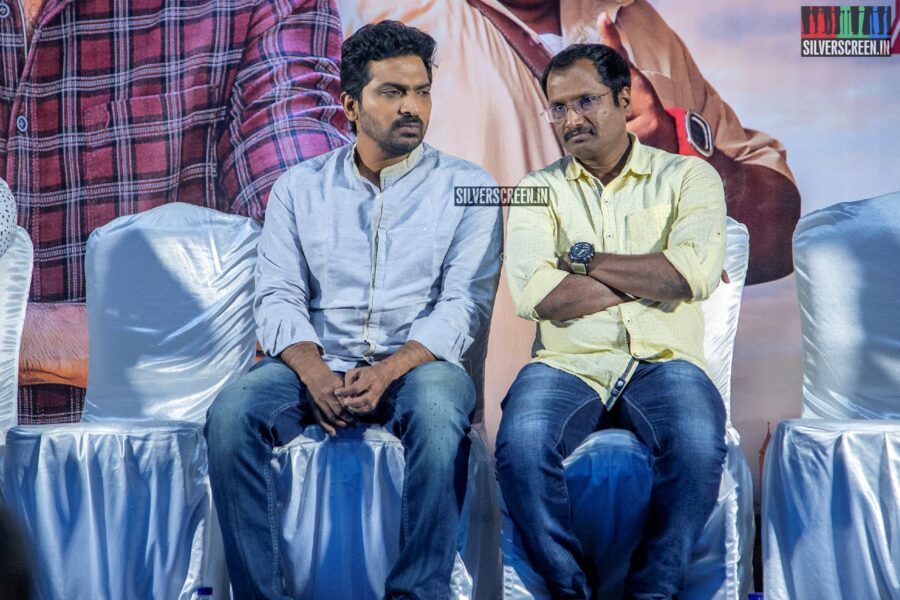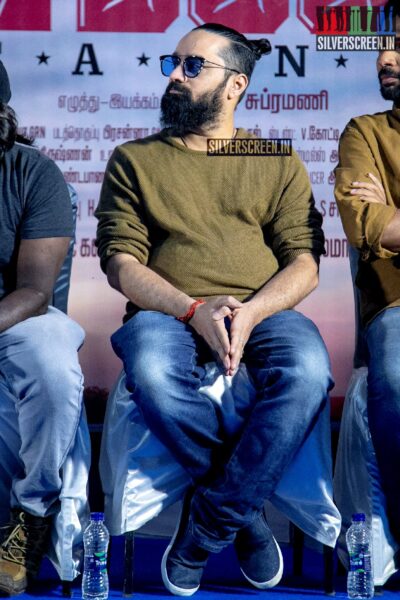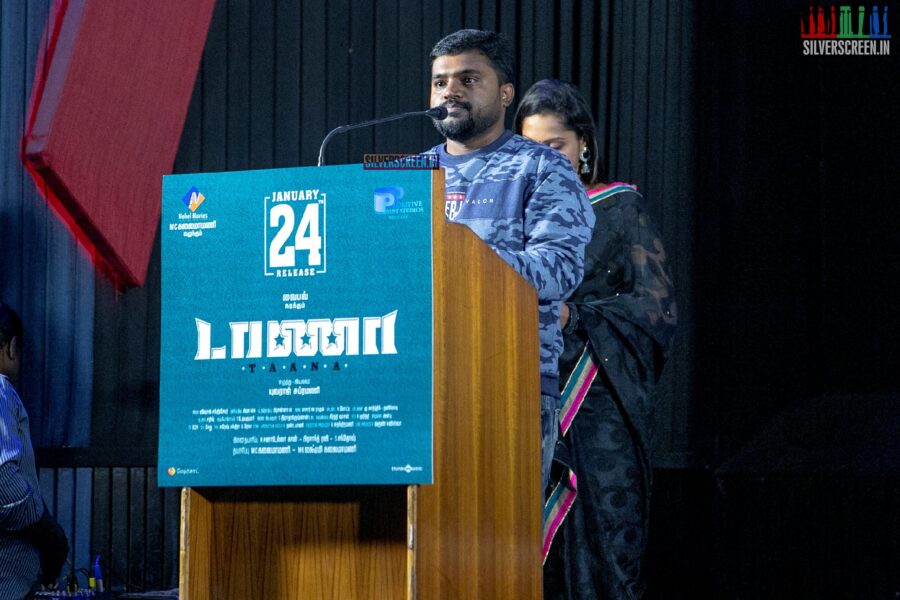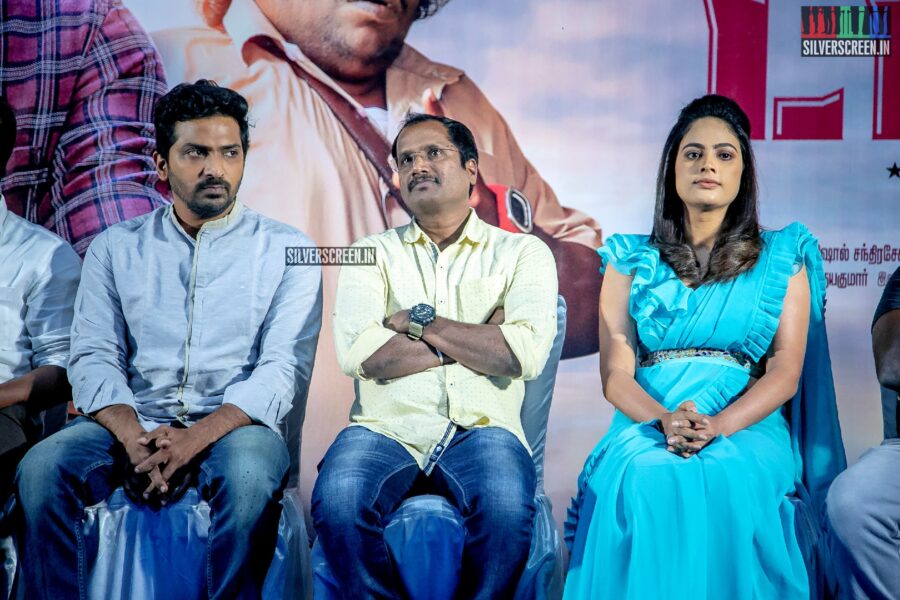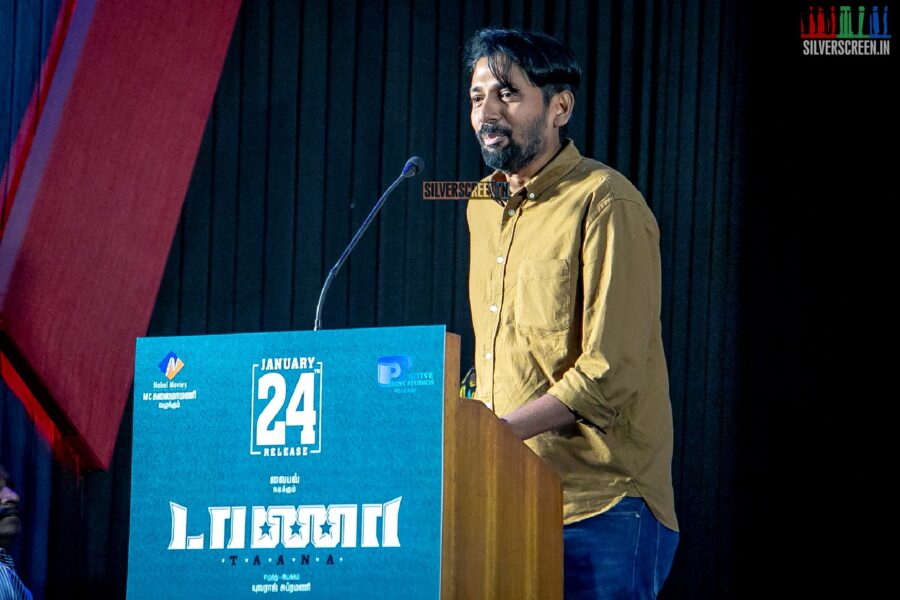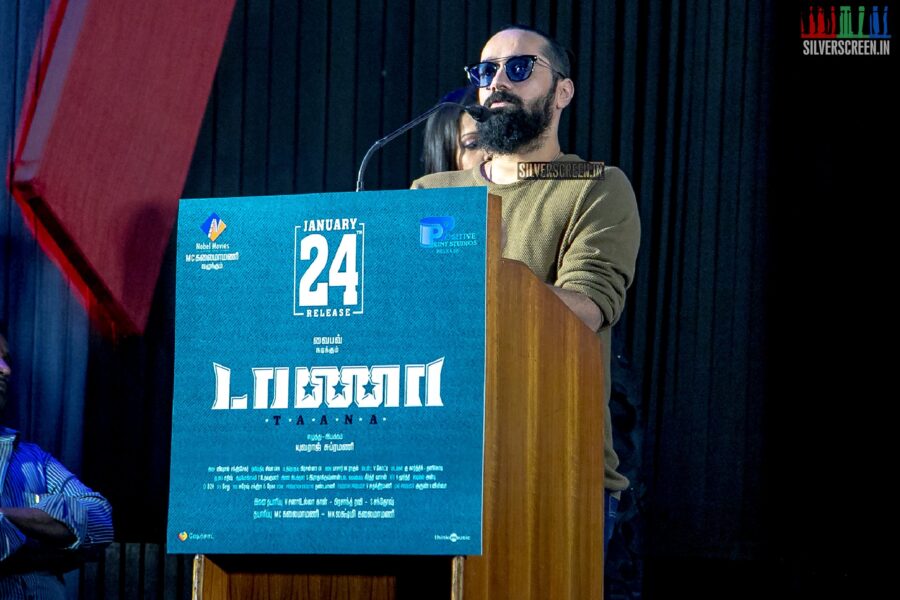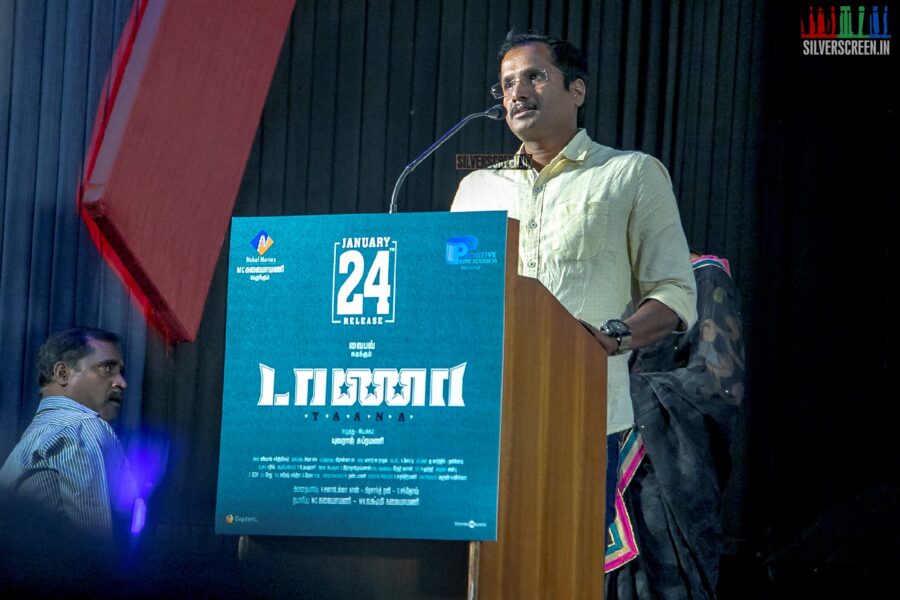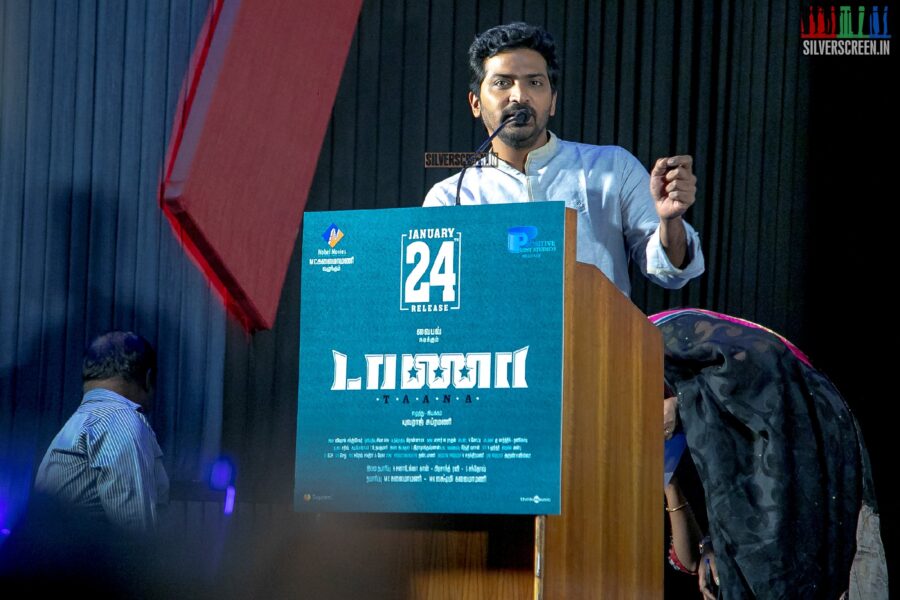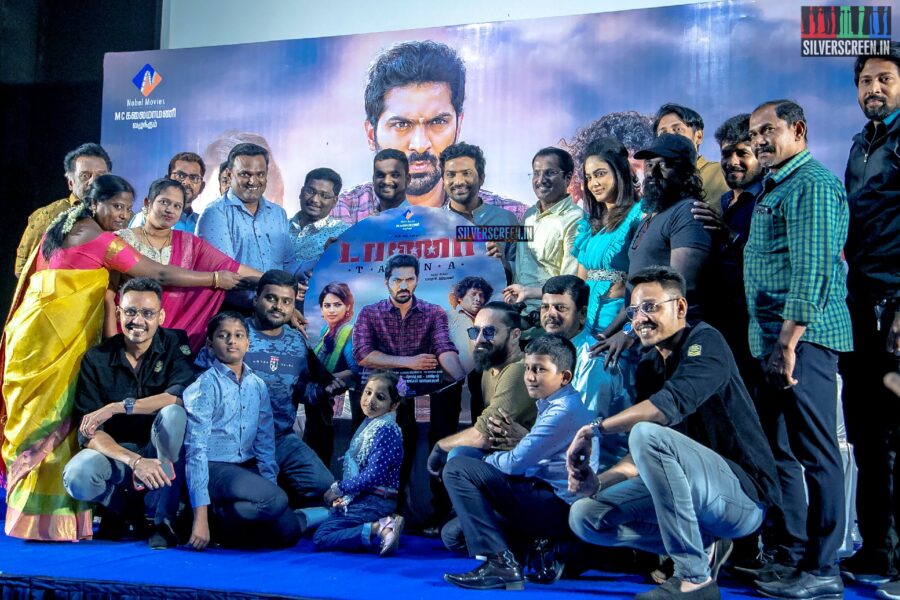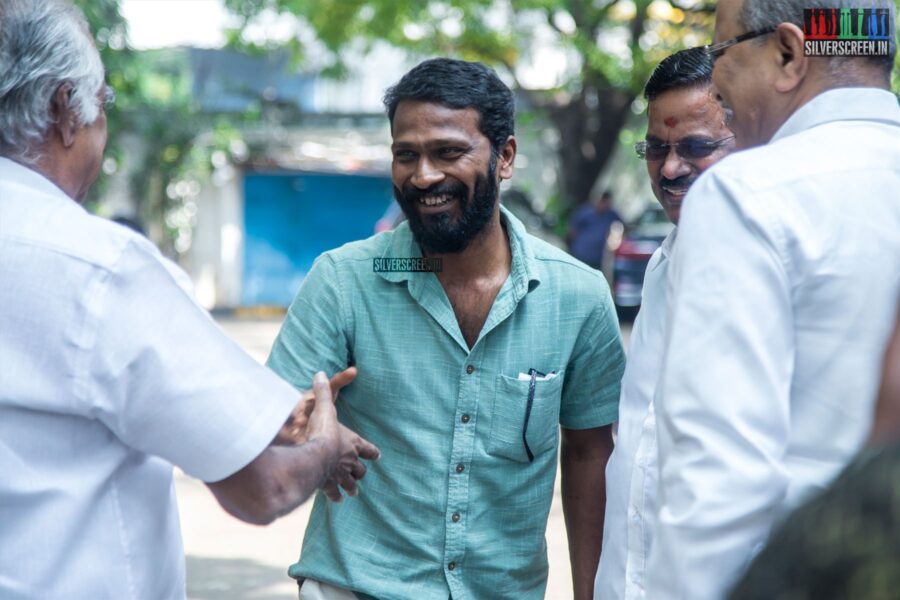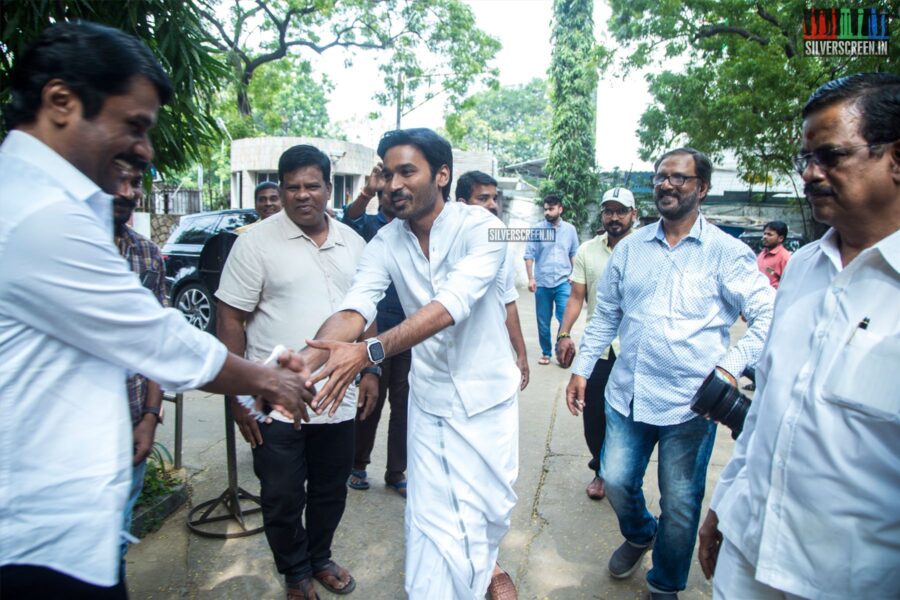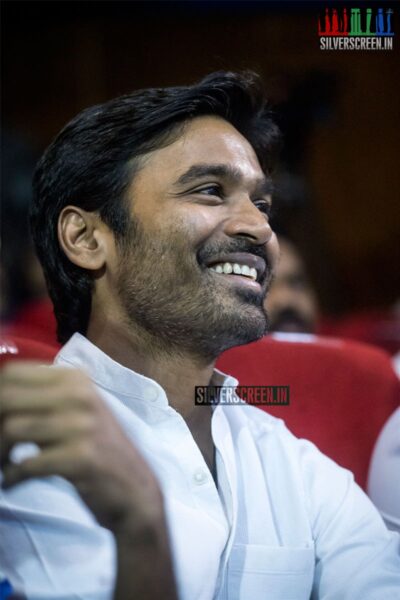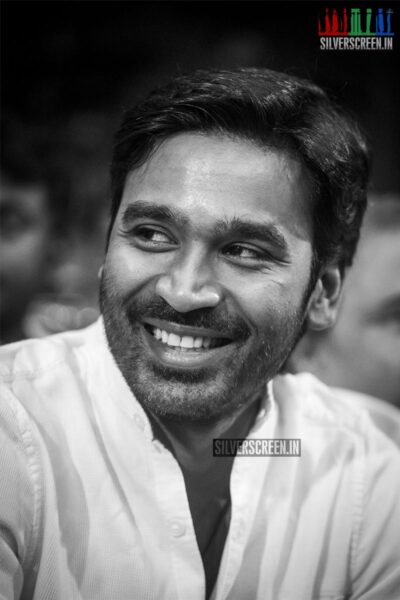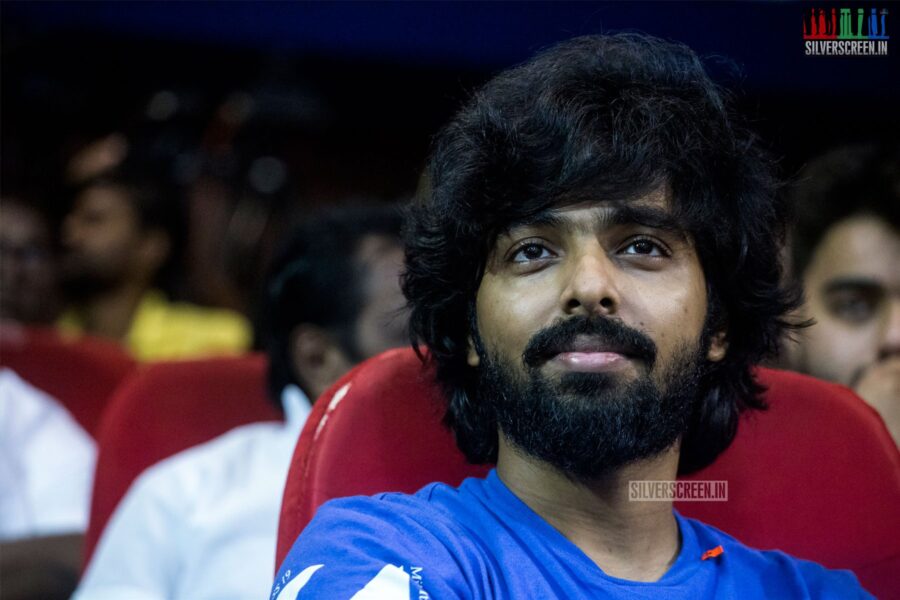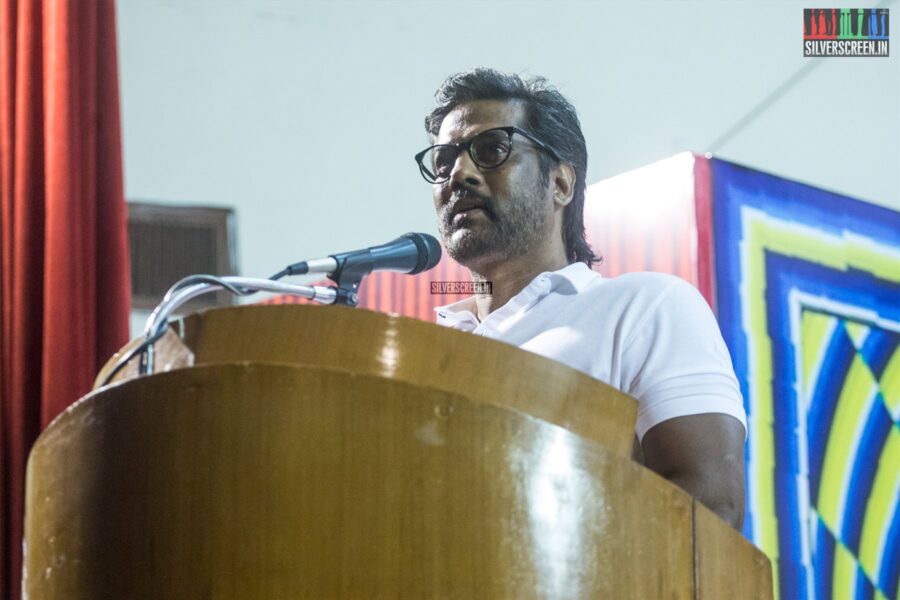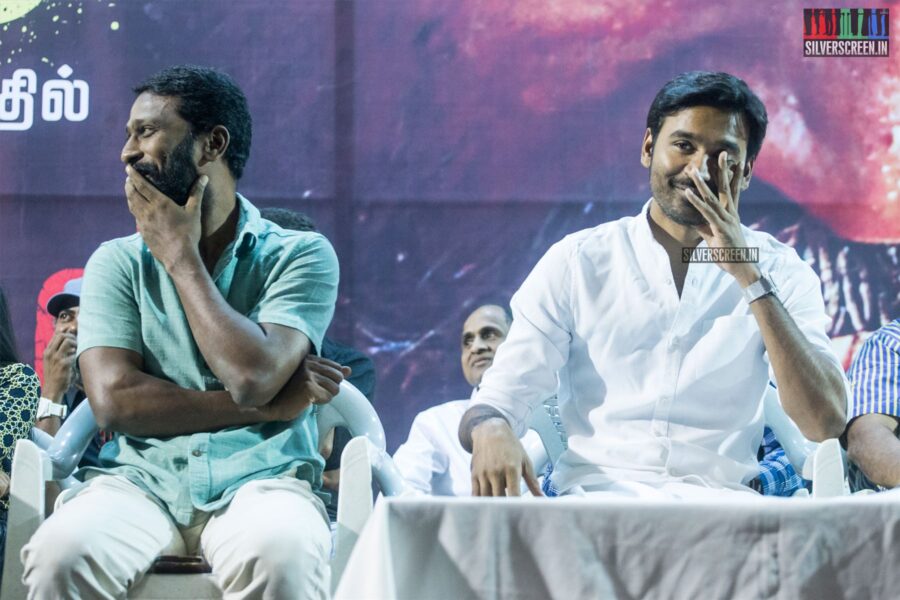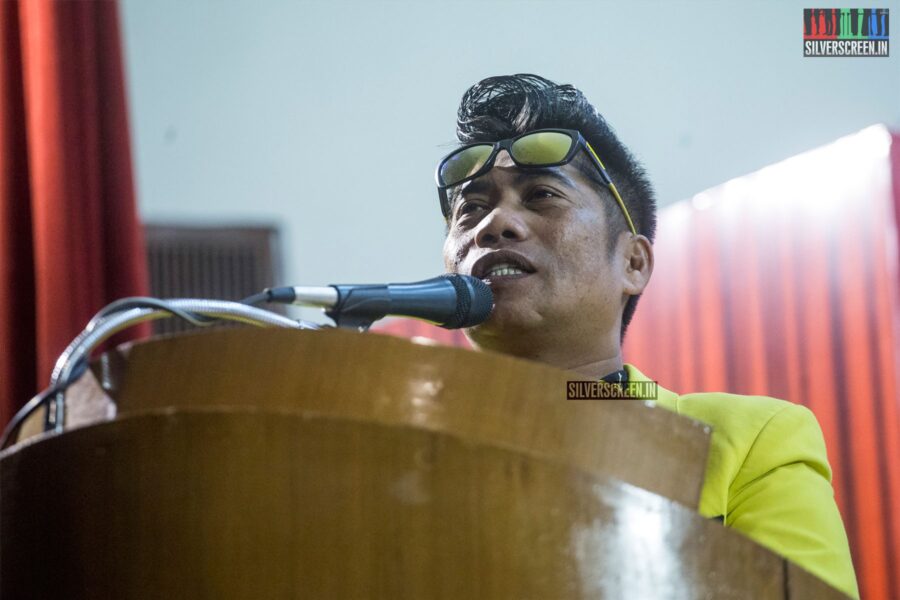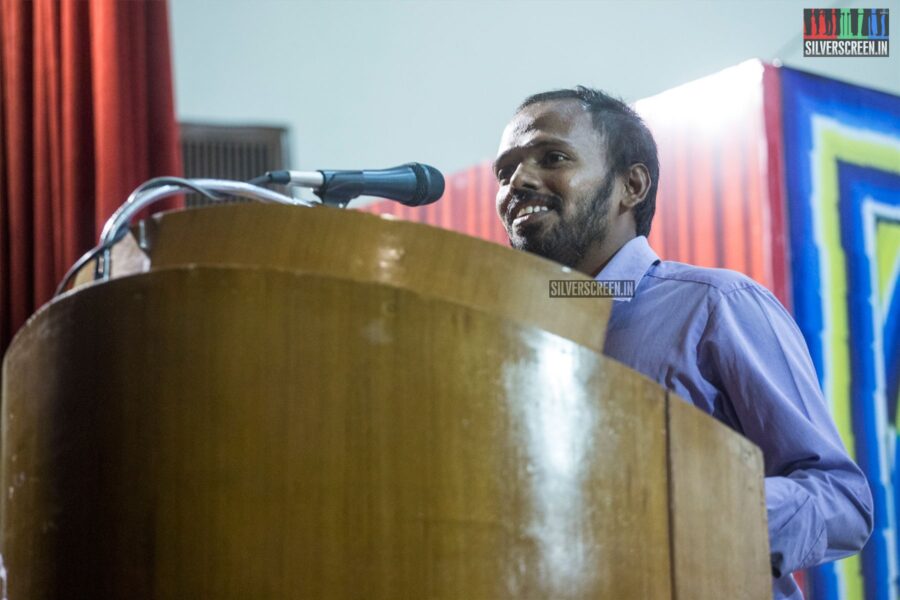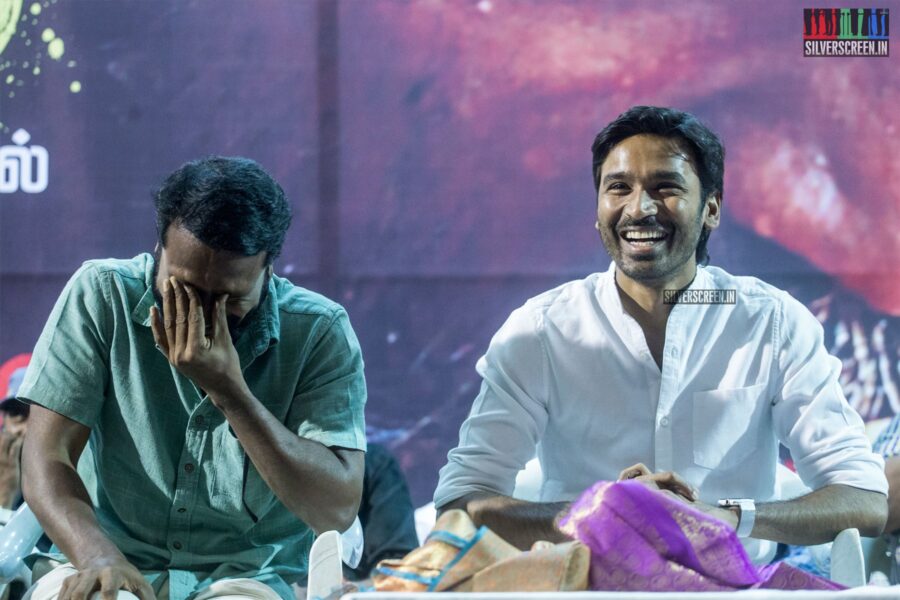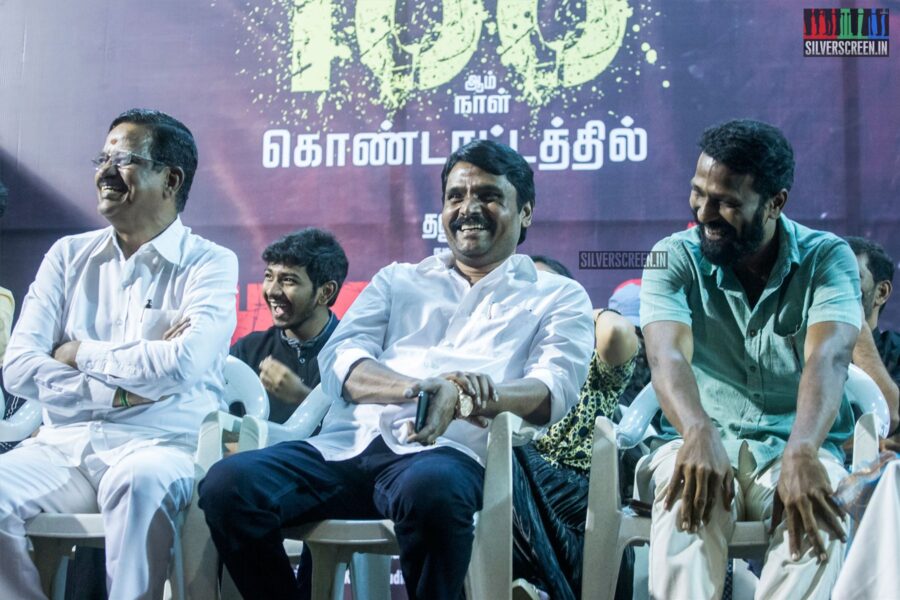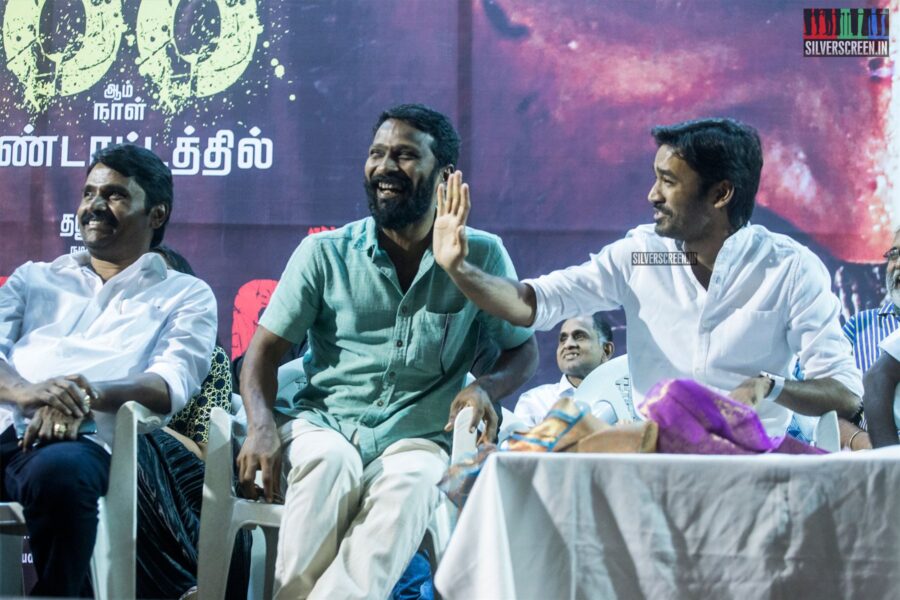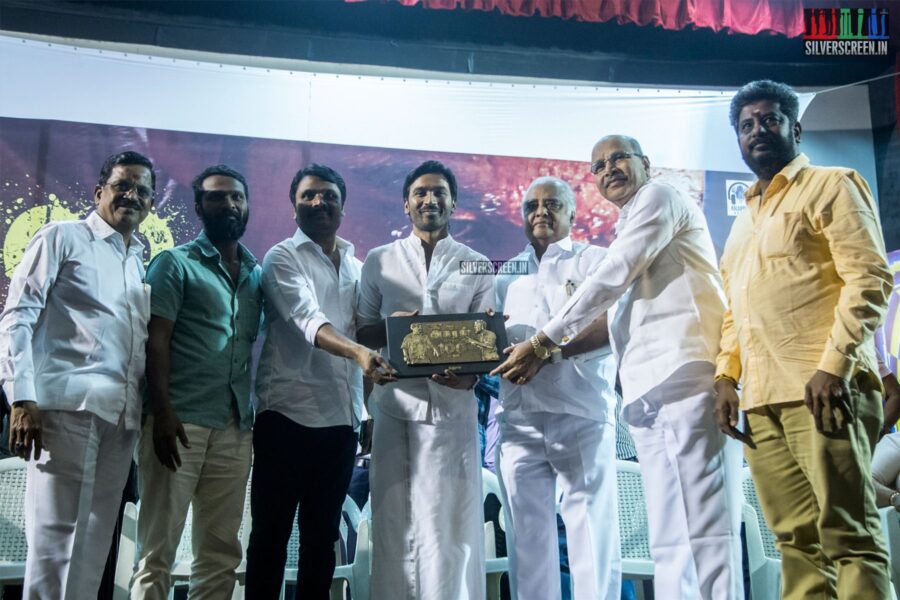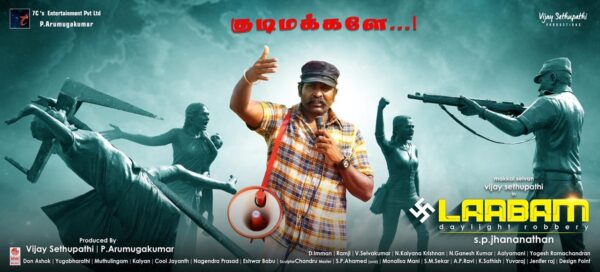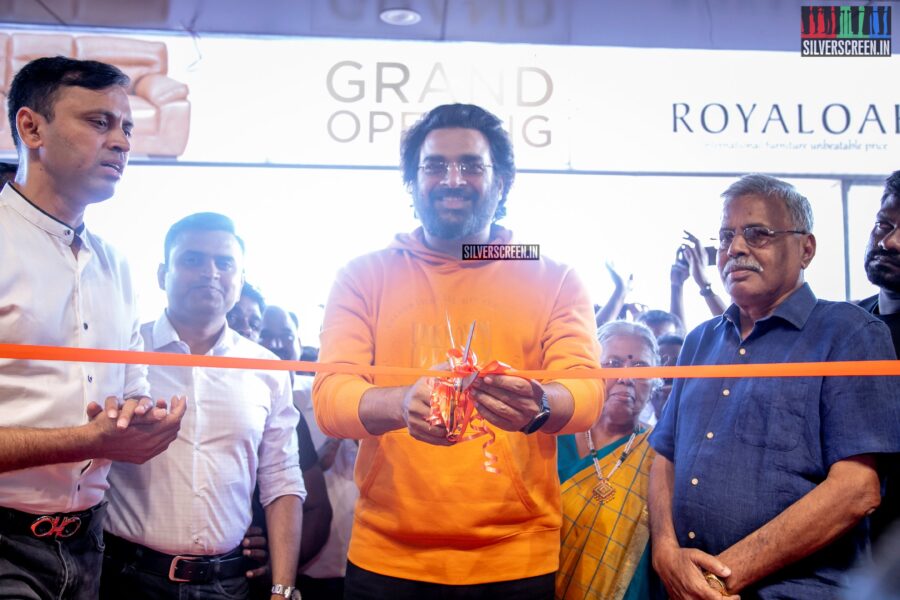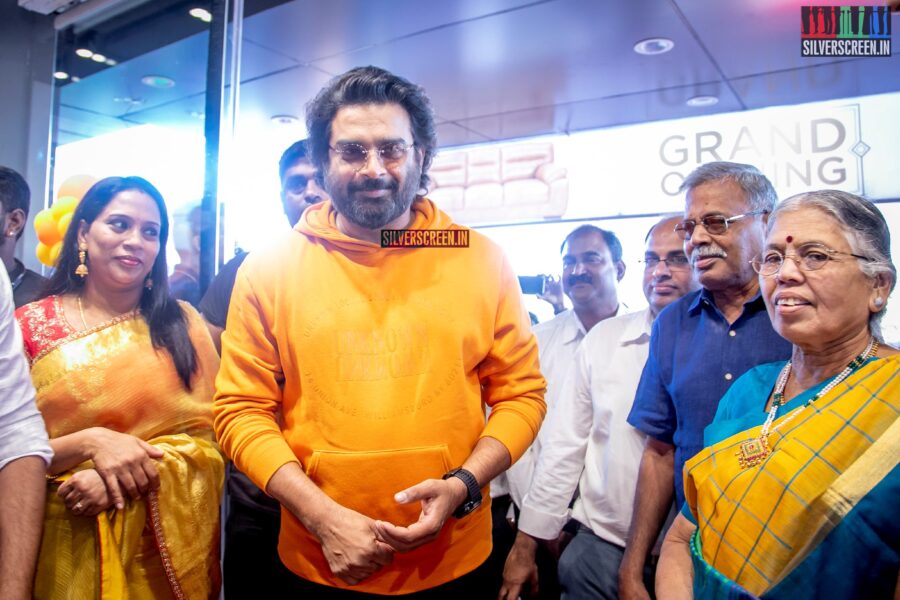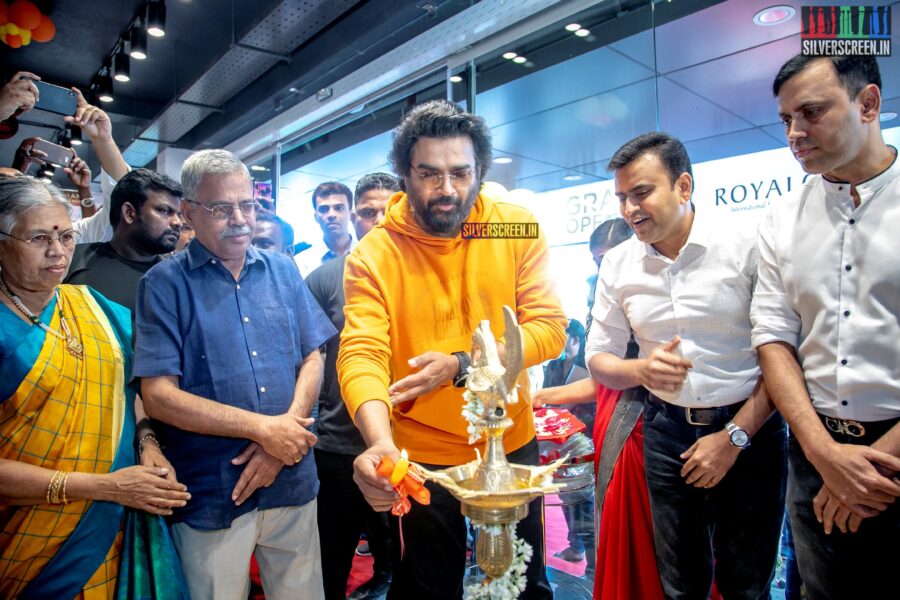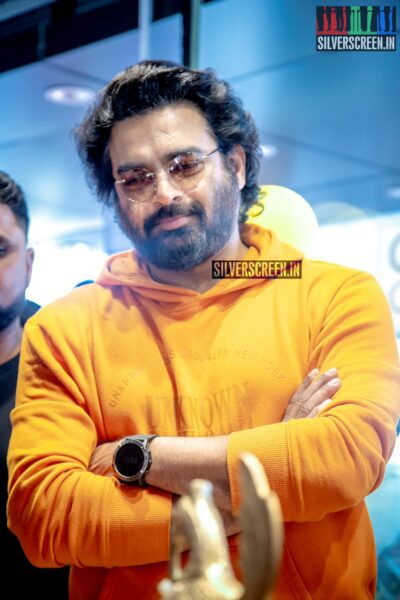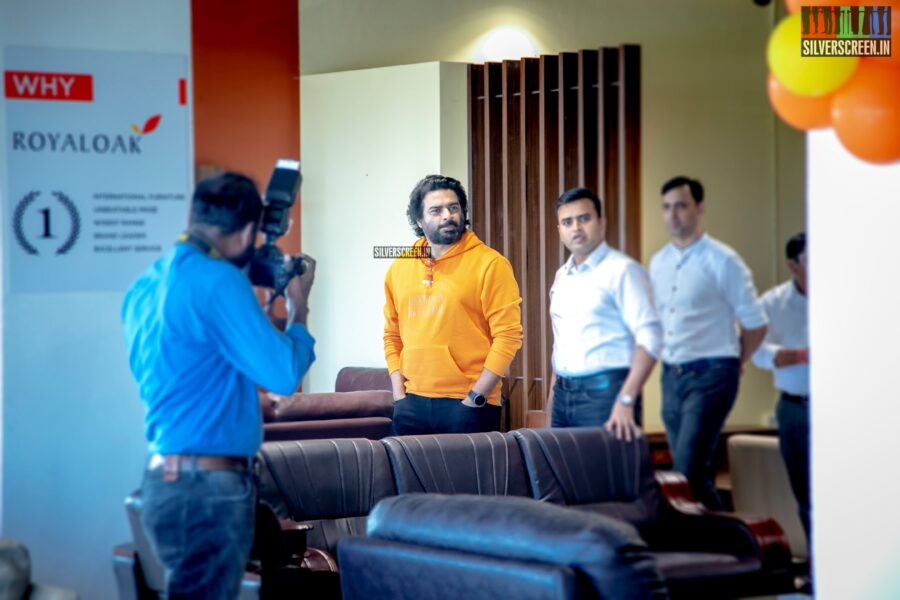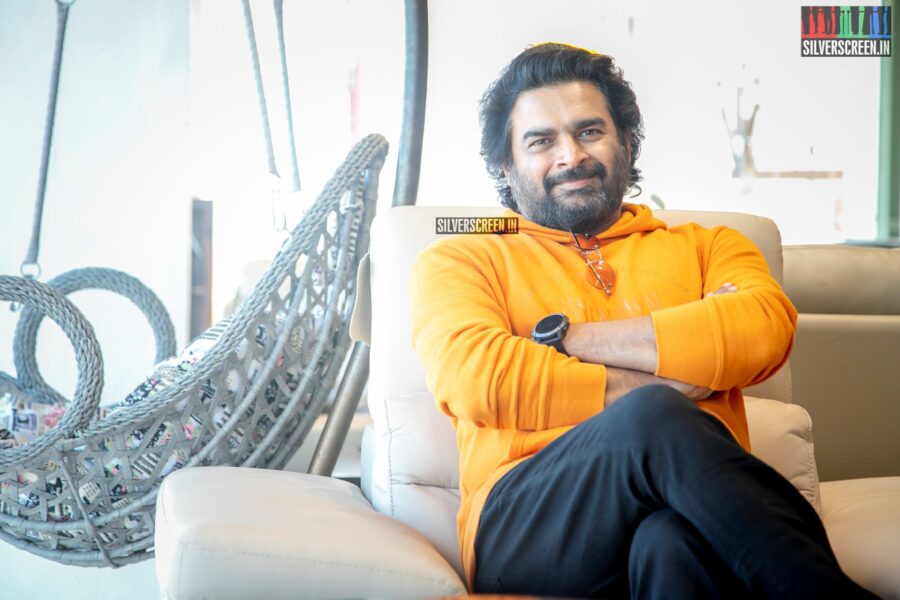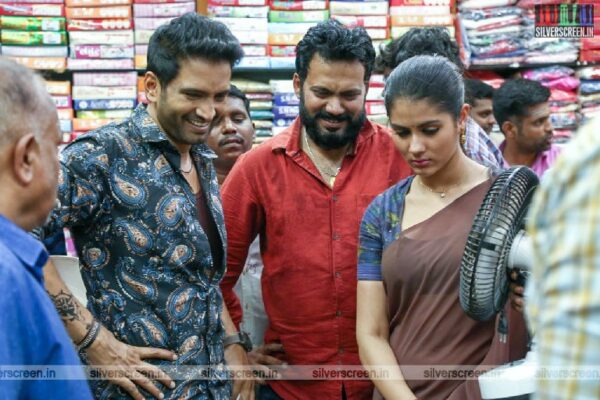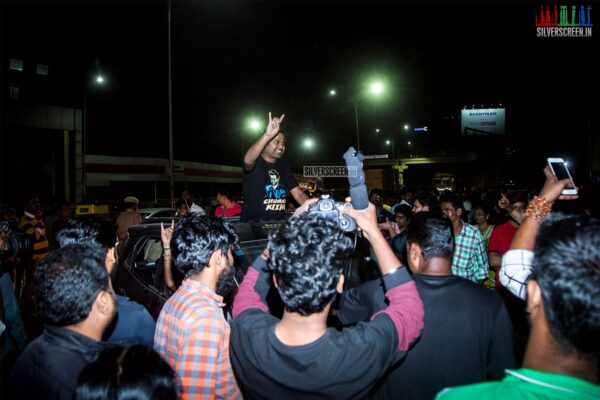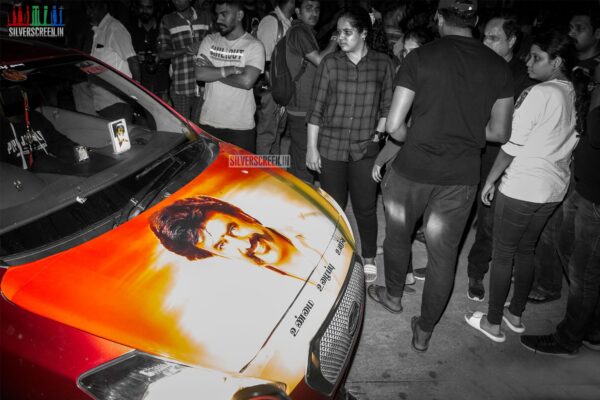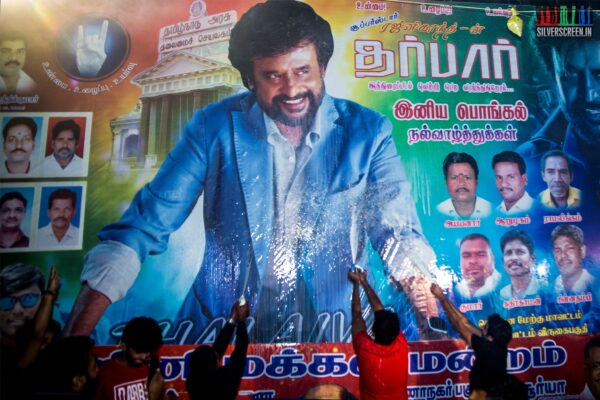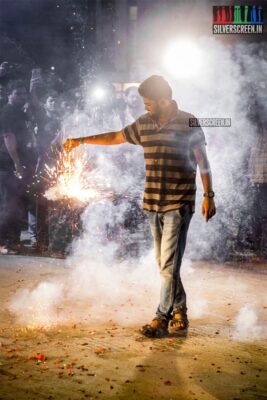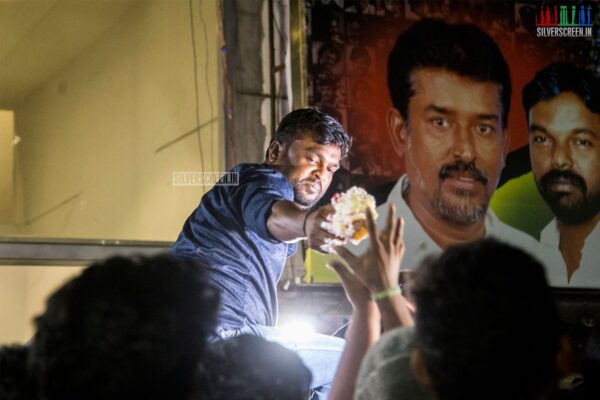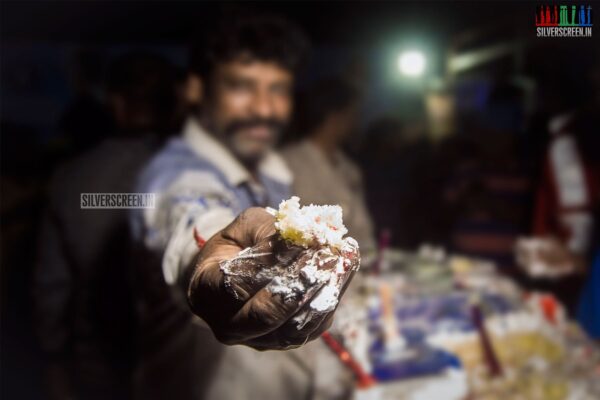Director: Meghna Gulzar
Cast: Deepika Padukone, Vikrant Massey
Meghna Gulzar has, over the last few years, been busy chronicling true events. Chhapaak is her third film, in a row, to be based on a true story, this one on acid attack survivor Laxmi Agarwal. Before this, Meghna Gulzar gave us a muted but effective retelling of the Aarushi Talwar murder case and in 2018, the very curious case of Sehmat Khan, a housewife and a spy.
Look closely, there emerges a pattern in what is being documented. There is a healthy disregard for bureaucracy running through these films, including Chhapaak (co-written with Atika Chohan). Class differences rear their ugly head and uncomfortable truths emerge about one’s own country (if you can ban sale of eggs in Rishikesh, why not the sale of acid in the country?).
Personal life comes in conflict with a character’s professional life, former becoming a window into the actions in the latter. Patriotism is questioned in Raazi while the long arm of the law is complemented by the long time it takes to get justice in Talvar. Men who claim to know better sit inside locked rooms to decide the fate of a double murder case involving a teenage girl in one film. Men bay for blood, home and land while a determined but shoddily trained woman learns on the job and tries to reason with beasts in the other film.
In Chhapaak, Deepika Padukone plays Malti Agarwal, attacked by acid as a teenager, then an activist working with other victims, fighting for the ban on sale of acid and dealing with her own trauma.
Again, the protracted form of justice system is reflected not in the pace, as in Talvar, but in a character. Chhapaak does resort to putting the date on screen but it does something else in addition — it shows us Malti’s lawyer’s family, the lawyer played by Madhurjeet Sarghi.
When the attack happens and the case begins, the lawyer’s daughter is little, berating her mother for not being as good at tying pigtails as she is in a courtroom. The screenplay switches back and forth, we keep revisiting the progress of Malti’s case, Malti’s present days in the NGO with Amol (Vikrant Massey) and the status of Malti’s PIL, seeking an amendment to the grievous injuries section and a ban on sale of acid.
Every time there is a scene in the lawyer’s home, the daughter has grown — a birthday party, a pre-teen kid watching TV and then a teenager just stepping out for a night with friends. Her mom is on the phone with Malti and gives a quizzical look at what she’s wearing.
The case is passed over to the father who calls the shots at home. It’s light and offhand, a moment where everyone’s prejudices and internalised anxieties come to the fore, no matter their class. These are trademark Meghna Gulzar scenes we’ve now come to expect, exchanges written with extreme care and muted in their expression. Even the scene at the lawyer’s office where the fight for a case is simplified for our benefit with the help of two juniors in the firm. The government too gets pulled up during the PIL, the bench asking tough questions of the Solicitor General, who repeatedly fails in his duties with the ruling government.
It’s a curious move to begin the film in 2012 amidst the wave of protests in the capital city during the Nirbhaya case. The mood establishes a constant state of forgetfulness and hypocrisy, as if suddenly one case superseded over so many others, while a whole lot of people are still suffering, and how the state and the media are equally complicit. A bus conductor says the government might fall if Nirbhaya dies. Amol wonders about the still living survivors and their trauma, their future. Who cares for them and takes to the streets for them?
In this crowd, we find Amol helping a father out, explaining why the media has no time for his daughter, another victim. Amol is written as the cynical but well-intentioned man who can sometimes assume the weight of the world and put himself above the issue at hand. He is not a bad person for it, just someone who can easily miss the forest for the trees.
The Amol-Malti dynamic comes through beautifully, Malti the only person in the NGO who can chastise him and get away with it. These are also the moments in which Deepika Padukone excels, scenes where she is unapologetic about being happy, where she cannot stifle laughter or the scene in which she puts her foot down and says she wants to party.
Chhapaak is interesting in these portions, the film wants to place the self in the survivor and insists that self-preservation comes above all. If you feel happy, you must be allowed to feel happy and express it. If you feel like you need to take time off from the fight due to various reasons — your family is suffering, your brother is dying, or it is just all too tiring — you must. One must feel free to step away too and not be judged for it.
Chhapaak falters when the tone gets too jarring. Everything about the events leading up to the attack on Malti is played up, and there is a melodramatic recreation of the events, events we are already aware of. Deepika Padukone makes for an unconvincing high school girl, even if she is a 19-year-old in high school (Laxmi Agarwal was 15 at the time of her attack). These are portions where everything gets dialled up, including Padukone’s performance. Suddenly, the film becomes tonally inconsistent. A scene involving a Dalit victim is inserted like an afterthought, as if the writers read a news report and just wanted to highlight another nuance. It does nothing to the film and is never expanded on meaningfully.
Meghna Gulzar’s usual thematic concerns don’t come together here as well as they did in Talvar and Raazi. Mostly because the film is not as clever as her earlier ones in balancing the personal and the political. I kept wishing the film returned to the mood of its prologue when Malti’s ambitions and desires are front and centre.
When she first meets Amol, the only thing on her mind is a job. That’s what she is thinking about even during a TV interview. When she calls Amol about the job, she doesn’t even ask what his NGO does. Her concerns are the job, salary, the personal loan application in the bank that requires assorted documents. Chhapaak has its share of rewarding little moments but also feels like it only scratched the surface of the cardboard covered mirror.
The Chhapak review is a Silverscreen.in original article. It was not paid for or commissioned by anyone associated with the film. Silverscreen.in and its writers do not have any commercial relationship with movies that are reviewed on the site.
